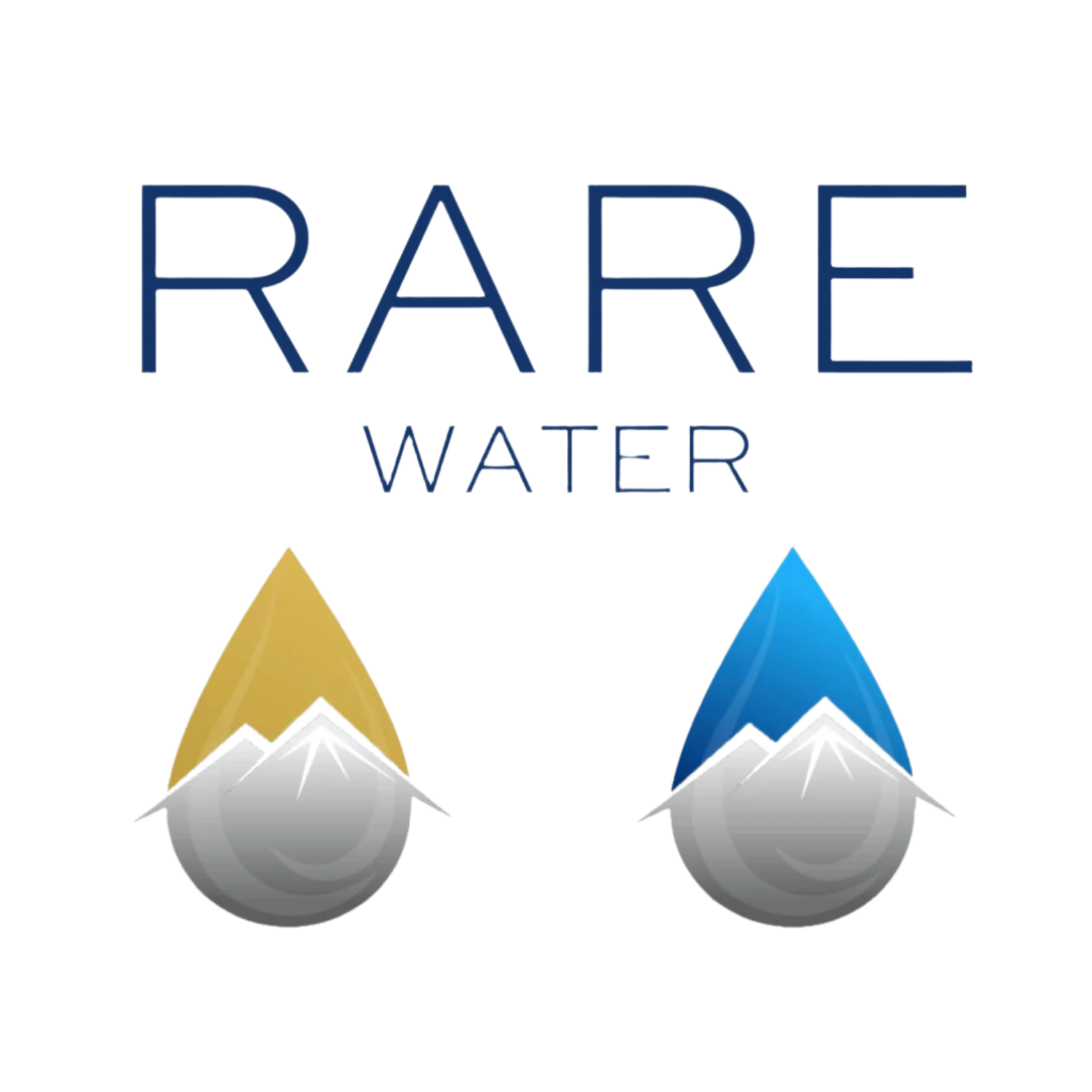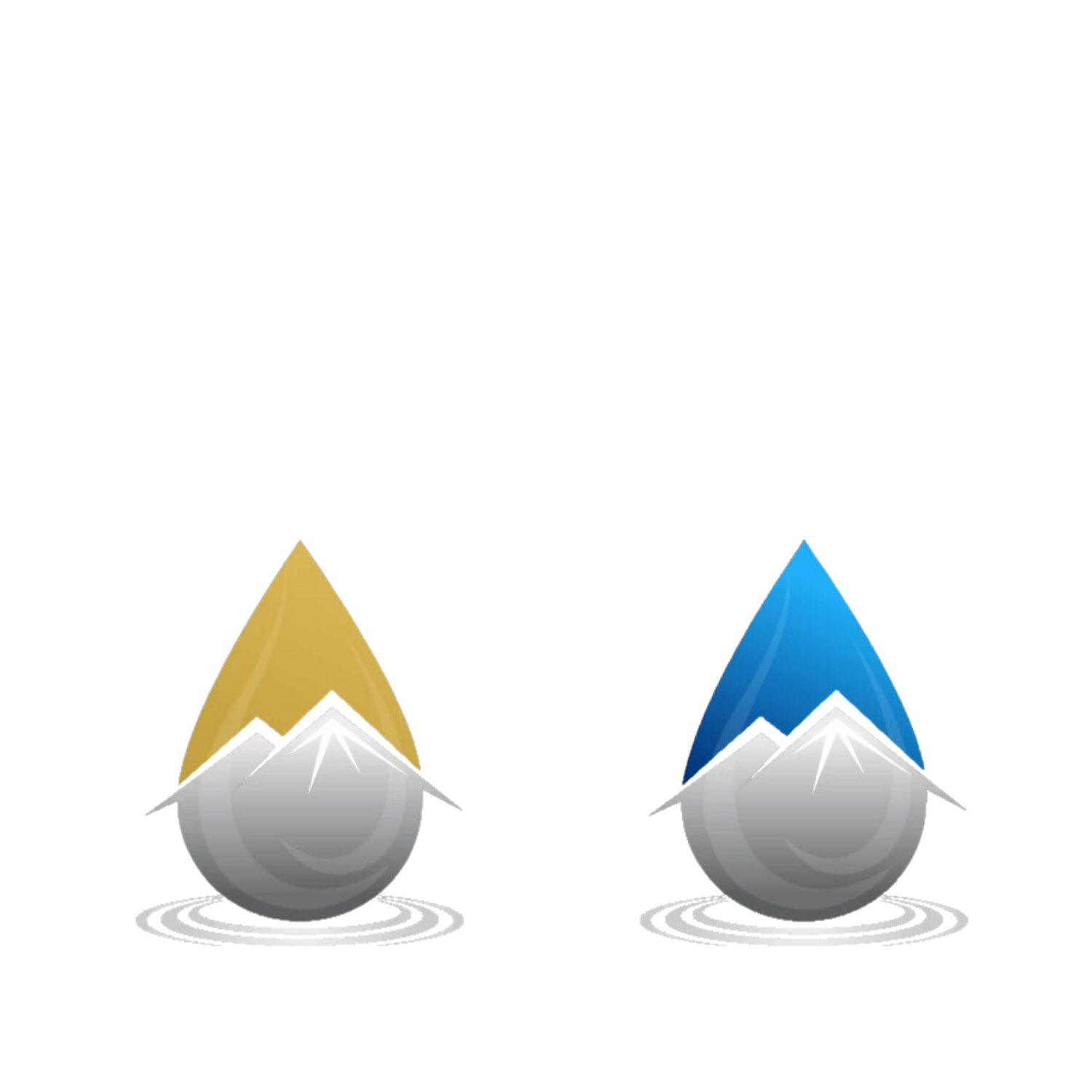Why the Purity of Your Drinking Water Matters More Than You Think
Not all water is created equal—understanding what’s in your water is the first step to better hydration.
What Does "Pure Water" Actually Mean?
When we talk about pure water, we’re referring to water that is free from contaminants, artificial additives, and excessive processing. However, the definition of purity depends on the source and treatment process.
- Naturally pure water: Comes from protected, uncontaminated springs and is naturally filtered through rock layers. Learn more about how RARE Water preserves purity from source to bottle.
- Artificially purified water: Undergoes extensive chemical treatments like reverse osmosis, which remove contaminants but also strip away essential minerals.
- Tap water concerns: While regulated, tap water can still contain chlorine, fluoride, and traces of heavy metals.
The Hidden Contaminants in Everyday Water
Even water that looks clear may contain hidden impurities that affect its quality, including:
- Chlorine & Fluoride: Commonly added to municipal water supplies but can alter taste and disrupt gut health.
- Microplastics: Found in many bottled waters, except for naturally filtered still water that avoids contamination.
- Heavy Metals (Lead, Mercury, Arsenic): Can leach into tap water from old pipes, increasing health risks.
- Pesticides & Pharmaceuticals: Runoff from agriculture and industry can introduce trace chemicals into water supplies.
Natural Filtration vs. Artificial Processing: What’s Better?
Natural Filtration (Best Choice for Purity & Taste)
- Water passes through layers of volcanic rock, naturally filtering out impurities.
- Retains essential minerals like calcium, magnesium, and potassium, making it more hydrating.
- No excessive processing or chemical additives.
Industrial Purification (Over-Processed & Stripped of Minerals)
- Reverse osmosis and distillation remove both contaminants and beneficial minerals.
- Some bottled waters reintroduce artificial minerals to compensate for what was lost.
- Over-filtered water can taste flat or unnatural.
For a balanced, mineral-rich hydration experience, spring-sourced water is the ideal choice.
Why pH & Mineral Balance Matter in Drinking Water
The best drinking water isn't just about being free from contaminants—it’s also about maintaining the right pH and mineral balance.
- Naturally Alkaline Water (pH 7.5-8.5): Helps balance acidity in the body and supports hydration.
- Mineral-Rich Water: Contains calcium & magnesium, which support hydration, muscle function, and overall wellness.
- Over-Purified Water (pH 6-7): Can be slightly acidic and lacks essential minerals.
To maintain optimal hydration and overall well-being, choose natural sparkling water that retains its mineral integrity.
Final Thoughts
The water you drink matters—more than you might think. With increasing concerns about microplastics, over-processing, and hidden contaminants, choosing a naturally pure water source is one of the simplest ways to improve your hydration and health.
When you opt for spring-sourced, mineral-rich water, you’re not just drinking water—you’re experiencing hydration the way nature intended.



Leave a comment